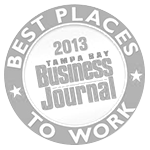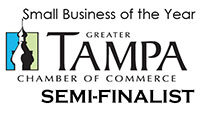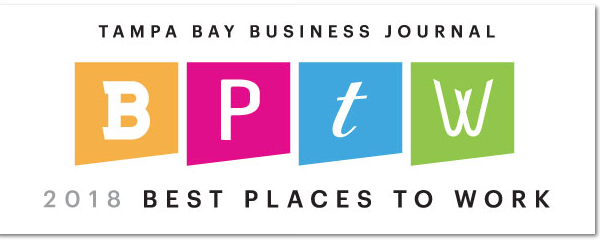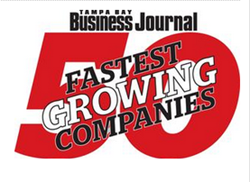Interview Tips
The following are some basic interviewing rules. Of course, interviews take on a life of their own and no document can cover every possible situation. But if you take to heart the interviewing advice your Ferreri Search professional gives you, your chances of acing the interview will be greatly increased!
Research the Company
This tip cannot be over-emphasized. We’ll give you lots information about the hiring organization but you can supplement this with the vast amount of information that is available on the Internet. Employers are always impressed by the candidate that goes the extra mile to know about their company.
Know Your Resume
Many employers begin the interview by asking you specific questions about the information on your resume. Be prepared to quickly and succinctly elaborate on the facts contained in your resume. It’s understandable that some of your older experiences may be hard to recall. Review the facts before your interview. It can be helpful to keep a copy of your resume for yourself to refer to during your interview, although certainly don’t use it as a crutch.
Dress Appropriately
As the saying goes, you never get a second chance to make a first impression. And this first impression can make all the difference. The first evaluation an interviewer makes is going to be based on how you look and what you are wearing, before you ever get a chance to say a word. We’ll prepare you by telling you about their corporate culture and let you know what the proper attire is. Remember, it’s always best to be a little more formal, rather than less. Make sure your clothes are clean, neatly pressed, and not distracting.
Pay Careful Attention
If an interviewer thinks you’re zoning out during an interview, he or she will think you are bored and do not care about the opportunity. So don’t let yourself zone out! Make sure you’re well-rested, alert and prepared. If you feel your attention slipping away, make the effort to stay engaged. Maintain eye contact, lean forward slightly when talking to your interviewer, and make an active effort to listen effectively.
Practice Interviewing
By “rehearsing” your answers you’ll be able to better articulate your capabilities in a concise way. You never want to sound like you’re giving a canned answer, so don’t get hung up on memorizing answers word for word. A great benefit of practicing before your big interview is that it takes a lot of the stress away. When you’re more relaxed, you’ll be more confident and more impressive. We’ll give you some of the areas of greater interest the person interviewing you has told us, so you can expect to get questions on these topics. Of course, there are several questions that often come up in any interview (“Where do you see yourself in 5 years?” What was your biggest success?” “Your biggest failure?” “Strengths?” Weaknesses?”) Be prepared to answer all of these. It helps to practice interviewing with a friend or family member ahead of time and it will be much easier when you’re actually in a job interview. Keep your answers short and on topic at all times.
Be Punctual
The reasons for this tip are obvious. Allow time for traffic delays, getting lost (we’ll give you good directions, however) and other unexpected things that can cause you to be late.
Don’t Bring Distracting Items with You
Phones are the number one distraction demon. If you bring your phone, best to turn it off during the interview (who would ever consider taking a call during an interview in the first place?). And no email can be more important than the face time you are getting from a potential employer. Remove the temptation; keep your phone out of sight, and silent.
Always Speak Respectfully of Past Employers
It is sometimes easy to be a little too “open” about your past employers. They are in your past for a reason, right? Never make the mistake of badmouthing your boss or coworkers. It’s a smaller world than you think and you never know who your interviewer might know. You also don’t want the interviewer to think that you might speak that way about his or her company if you leave on terms that aren’t the best. You want to communicate that you work well with others, so make it clear that you have a history of doing so.
Say Thank You
Taking the time to say thank you after a job interview not only is good interview etiquette, it reinforces your interest in the position. If any issues or concerns came up in the interview you can use your thank you letter to address them. But keep it short. A hand-written note is always a nice touch and it can set you apart from the rest of the pack!
Interview While Dining
Dining interviews are not common and they tend occur in the later rounds of interviewing. Some employers like to extend a job offer over lunch or dinner. Whether taking you to breakfast, lunch or dinner, rest assured the interviewer is evaluating your communication and interpersonal skills, as well as your table manners. Sometimes this is done subconsciously, but regardless, it always happens. Ask your host what he or she recommends, do not order expensive or messy foods, and mind your Ps and Qs.




